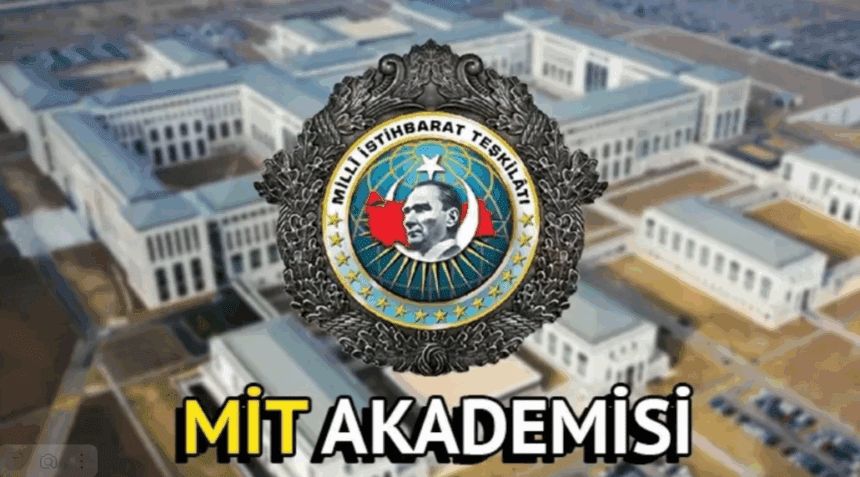A newly released report from Turkey’s National Intelligence Academy, a body affiliated with the National Intelligence Organization (MİT), has sparked fresh controversy for comparing the Gülen movement—a peaceful global civil society network—with the People’s Mojahedin Organization of Iran (MEK), a group with a long record of political violence and armed insurgency. The 50-page document, titled “The 12-Day War and Lessons for Turkey,” asserts that organizations like the Gülen movement could one day be used by foreign powers—particularly Israel—in the same way the MEK has allegedly been deployed and used against Iran.
The report, intended as a ‘strategic analysis’ of the short-lived Israel–Iran conflict, includes commentary on airpower, drone warfare, and electronic attacks. Yet one of its most striking—and unfounded—claims is that the exiled Gülen movement (referred to in Turkish government parlance as “FETÖ”) might serve as a future proxy force similar to the MEK.
The comparison has raised eyebrows not just for its lack of evidence but for its sweeping distortion of facts. The MEK, founded in the 1960s, has engaged in targeted assassinations, bombings, and armed rebellion against the Iranian regime. It operated paramilitary camps with Saddam Hussein’s backing and was listed as a terrorist organization by the U.S. and EU until recent years. Even now, the group remains controversial due to its cult-like internal structure and history of foreign sponsorship.
In contrast, the Gülen movement—also known as Hizmet—is rooted in nonviolence, education, and interfaith dialogue. Its schools and humanitarian organizations operate globally. No credible international body has designated it a terrorist organization, and there is no evidence of its involvement in armed activity or subversion abroad.
By equating the two, Turkey’s intelligence establishment appears to be escalating its years-long campaign to portray Gülenists as a global security threat. Since the 2016 staged coup attempt, which the government blames on the movement without producing conclusive proof, tens of thousands of alleged sympathizers have been jailed, purged, or forced into exile. Turkish authorities have also pushed aggressively for international extraditions and carried out abductions in foreign countries.
Past efforts to tie the movement to violent acts have largely failed to hold up under scrutiny. These include Ankara’s insistence that Gülenists were behind the 2016 assassination of Russian Ambassador Andrei Karlov and various political killings inside Turkey. Despite a lack of evidence, such claims have been widely repeated in pro-government media and now appear institutionalized in formal intelligence assessments.
Some observers warn that this latest narrative development—the MEK analogy—may be a pretext for further international operations, including defamation campaigns, arrests, or worse. Some exiled Turkish dissidents fear that the government may attempt false-flag operations abroad to manufacture justification for labelling the movement as violent. One such scenario, reportedly under discussion in exile circles, involves the potential assassination of former Gülen-aligned academics or journalists like Ahmet Dönmez, to be blamed on intra-movement conflict.
Fethullah Gülen himself warned in 2017 that the Turkish state might “assassinate a few important people and blame it on Hizmet” in order to galvanize public opinion and validate its repression. His statement, dismissed by many at the time, now appears increasingly plausible as the Turkish government reaches for ever more extreme narratives to maintain its domestic and international stance.



